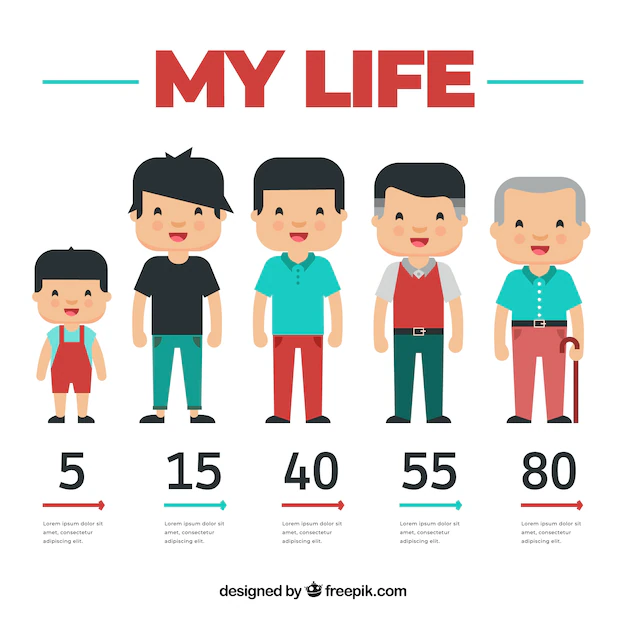Empowering Futures: Guidance Counselors as Catalysts for Student Job Opportunities at Job Fairs (5)
In the intricate tapestry of education, guidance counselors emerge as pivotal figures not only in academic guidance but also in shaping students’ future career paths. Their role extends beyond traditional counseling, encompassing the facilitation of job opportunities through organizing and supporting job fairs. These events serve as catalysts for students’ entry into the professional world, and guidance counselors play a central role in making these opportunities accessible. Let’s explore how guidance counselors can effectively pave the way for students’ success by orchestrating job fairs.

Page Contents
How Guidance Counselors Facilitate Job Opportunities Through Job Fairs for Students”
1. Identifying Opportunities
Guidance counselors serve as conduits between educational institutions and prospective employers. They proactively seek out companies, organizations, and recruiters willing to engage with students at job fairs. Establishing connections with local businesses, alumni networks, and industry professionals is crucial to expanding the pool of job opportunities available to students.
2. Logistics and Coordination
Counselors take charge of meticulously planning and coordinating job fairs within the educational institution. They organize the logistics, including venue selection, scheduling, and inviting employers. Collaborating with the school administration, faculty, and career development offices, counselors ensure that the event aligns with students’ interests and career aspirations.
Pivotal Avenue for Students
In the realm of education, guidance counselors are instrumental in shaping students’ academic success and preparing them for the challenges and opportunities that await beyond the classroom. Among the many roles they play, facilitating job opportunities through job fairs stands as a pivotal avenue for students’ future success. This article explores how guidance counselors play a vital role in organizing and leveraging job fairs to open doors for students’ career advancement and professional growth.
Offers Resources on Transition
Guidance counselors are the linchpins in assisting students with their academic and career pursuits. They bridge the gap between education and the workforce, offering invaluable guidance and resources to aid students in their transition from school or college life to the professional world after graduation.
Job fairs organized by guidance counselors serve as catalysts, providing students with a platform to explore potential career paths, network with industry professionals, and access job opportunities. These events are meticulously planned to bring together employers, recruiters, and students seeking internships, part-time positions, or full-time employment.
The 5 role of guidance counselors in facilitating job fairs encompasses several key aspects
1. Networking and Partnership Building
Guidance counselors establish relationships with local businesses, companies, and organizations, inviting them to participate in job fairs. These partnerships help broaden the scope of job opportunities available to students.
2. Event Planning and Coordination
Counselors meticulously plan and coordinate job fairs, choosing venues, setting schedules, and arranging booths or virtual platforms for employers and students to interact.
3. Preparing Students for Success
Before the job fair, counselors conduct workshops on resume building, interview skills, and professional etiquette, ensuring that students are well-prepared to make a positive impression on potential employers.
4. Providing Access to Opportunities
During the job fair, counselors guide students, introducing them to various employers, helping them navigate conversations, and providing information on available job openings or internships.
5. Follow-Up Support
Counselors offer post-event support, assisting students with application processes, follow-up communication with employers, and ongoing career guidance.
Job fairs organized by guidance counselors serve as invaluable opportunities for students to showcase their skills, make meaningful connections, and secure employment prospects. These events foster an environment where students can interact directly with industry professionals, gaining insights into the job market and expanding their professional networks.
Moreover, the guidance counselors‘ efforts extend beyond the job fair itself. They continue to provide ongoing support, offering career counseling, resume reviews, and interview practice to ensure students remain competitive and prepared for their future career path endeavors.
Conclusion
In wrapping up, the role of guidance counselors in organizing job fairs goes beyond simply facilitating networking events; they serve as catalysts for students’ career development. Through their dedication, guidance counselors pave the way for students to embark on meaningful career paths, fostering a seamless transition from education to employment. These job fairs exemplify their commitment to empowering students and equipping them with the tools and opportunities necessary for a successful future in the professional world.







